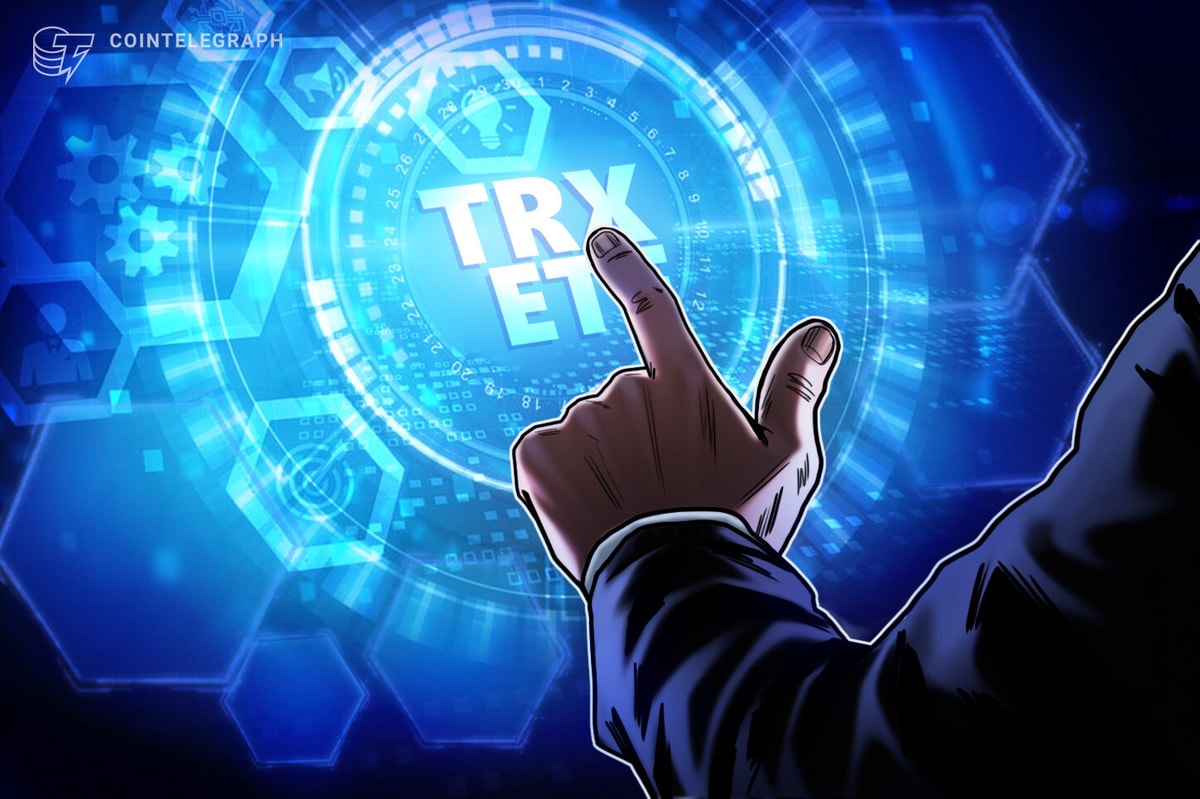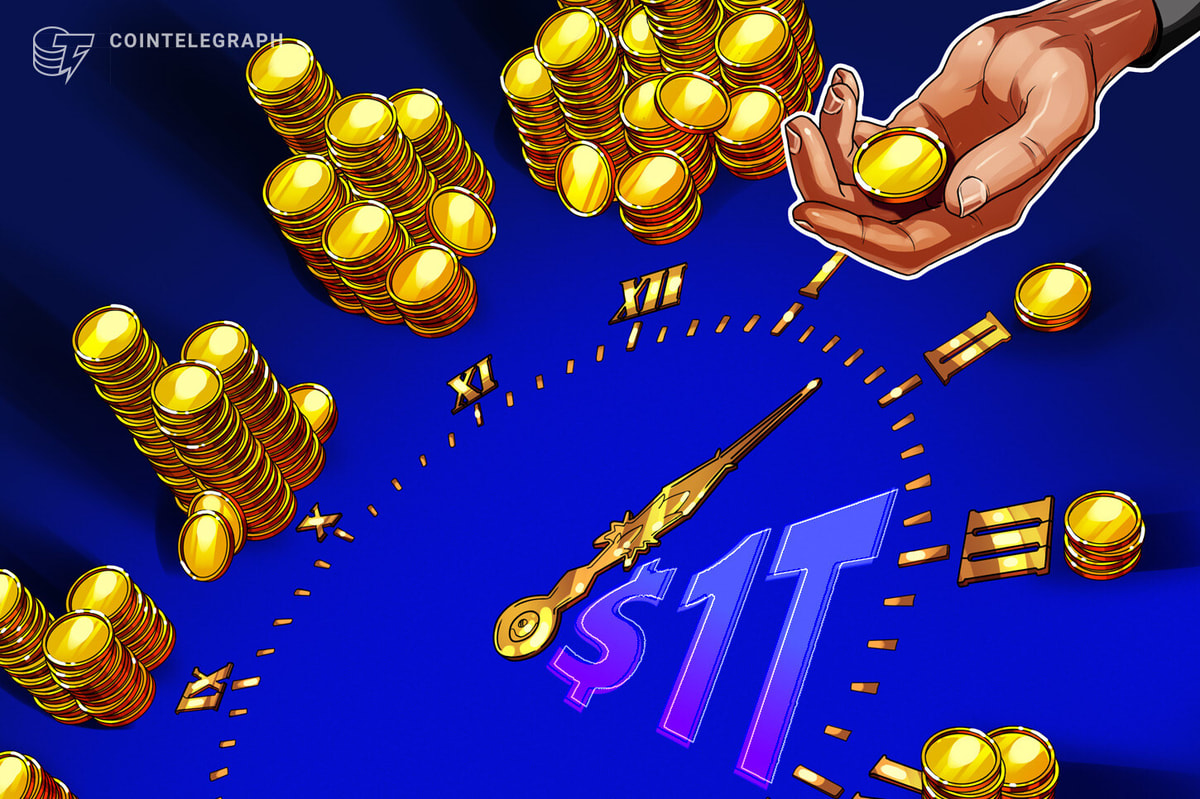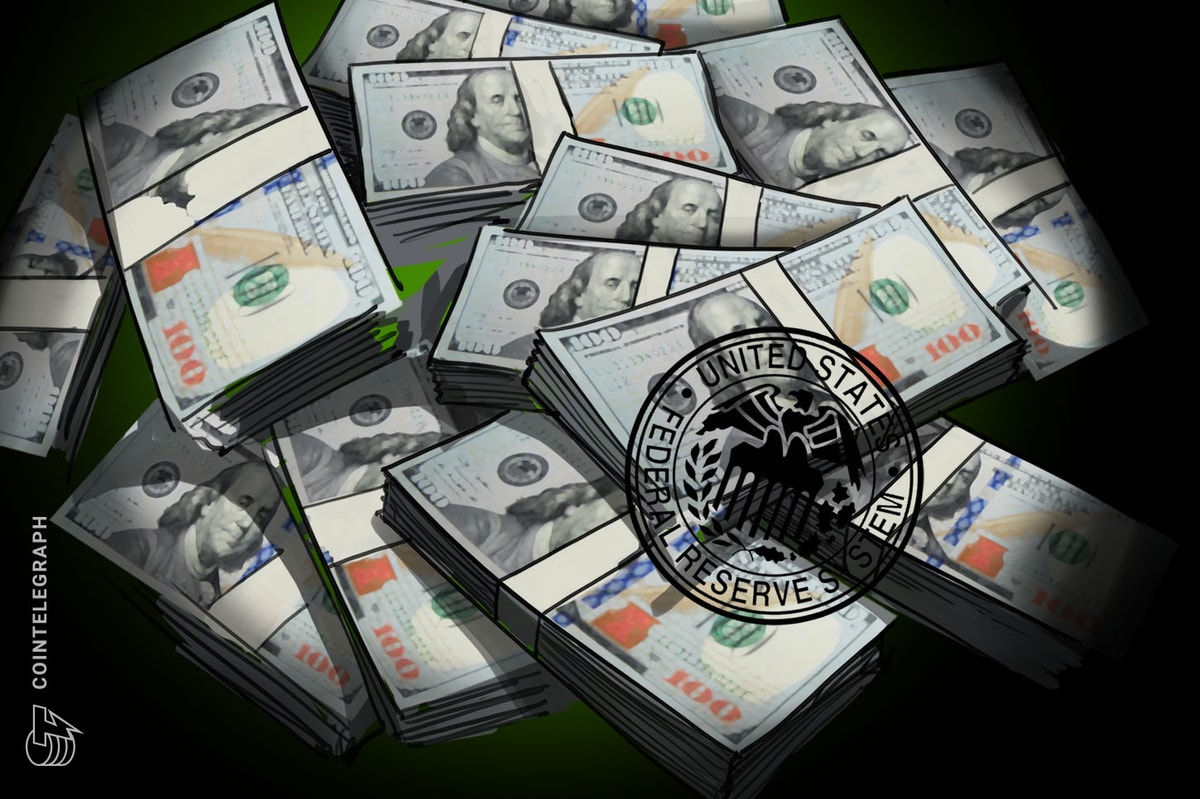Meta CEO Mark Zuckerberg has unveiled his firm’s new artificial intelligence (AI)-powered assistant — Meta AI — his answer to OpenAI’s ChatGPT, which will integrate with Instagram, Facebook, WhatsApp and, eventually, the company’s mixed reality devices.
Speaking at the Meta Connect event on Sept. 27, Zuckerberg explained that Meta AI is powered by the company’s large language model, Llama 2, and has been built in partnership with Microsoft Bing to allow users access to real-time information from the internet.
“Meta AI is your basic assistant that you can talk to like a person.”
In addition to answering questions and talking with users, the newly unveiled bot can generate images, leveraging a new image generation tool called Emu that Meta trained on 1.1 billion pieces of data, including photos and captions shared by users on Facebook and Instagram.

Noting Meta AI’s main point of difference from competitor ChatGPT, Zuckerberg said that, instead of creating a one-size-fits-all chatbot, Meta’s overarching strategy was to create different AI products for different use cases.
As an example, he showed how Meta AI would be slightly different in each of the company’s social media apps, providing an example of how it could be added to group chats on Facebook Messenger to assist with organizing travel plans.

Zuckerberg said that Meta’s chatbots aren’t just intended to transmit helpful information. They are also designed to be conversational and entertaining.
Showing off its entertainment-focused AI products, Meta also announced a collection of chatbots based on approximately 30 celebrities, including Paris Hilton, Snoop Dogg and former NFL player Tom Brady.

According to Meta, the new AI assistant will be available on Sept. 27 for a limited group of United States-based users on Facebook Messenger, Instagram and WhatsApp.
Meta AI will also be available for users of the company’s new smart glasses, scheduled for release on Oct. 17 for U.S. users, as well as its new Quest 3 VR device.
Related: Elon Musk, Mark Zuckerberg and Sam Altman talk AI regs in Washington
The same day as Meta’s Connect event, OpenAI announced its chatbot ChatGPT will no longer be limited to data before 2021.
The updates are available immediately for Plus and Enterprise users using the GPT-4 model, according to a Sept. 27 post on X.
Before this update, ChatGPT suffered from an ever-widening gap in its knowledge base. Due to the nature of how AI models such as generative pre-trained transformers (GPT) are trained, ChatGPT’s knowledge base previously ended in 2021, presumably the year it was finalized for production.
Magazine: AI Eye: Real uses for AI in crypto, Google’s GPT-4 rival, AI edge for bad employees










